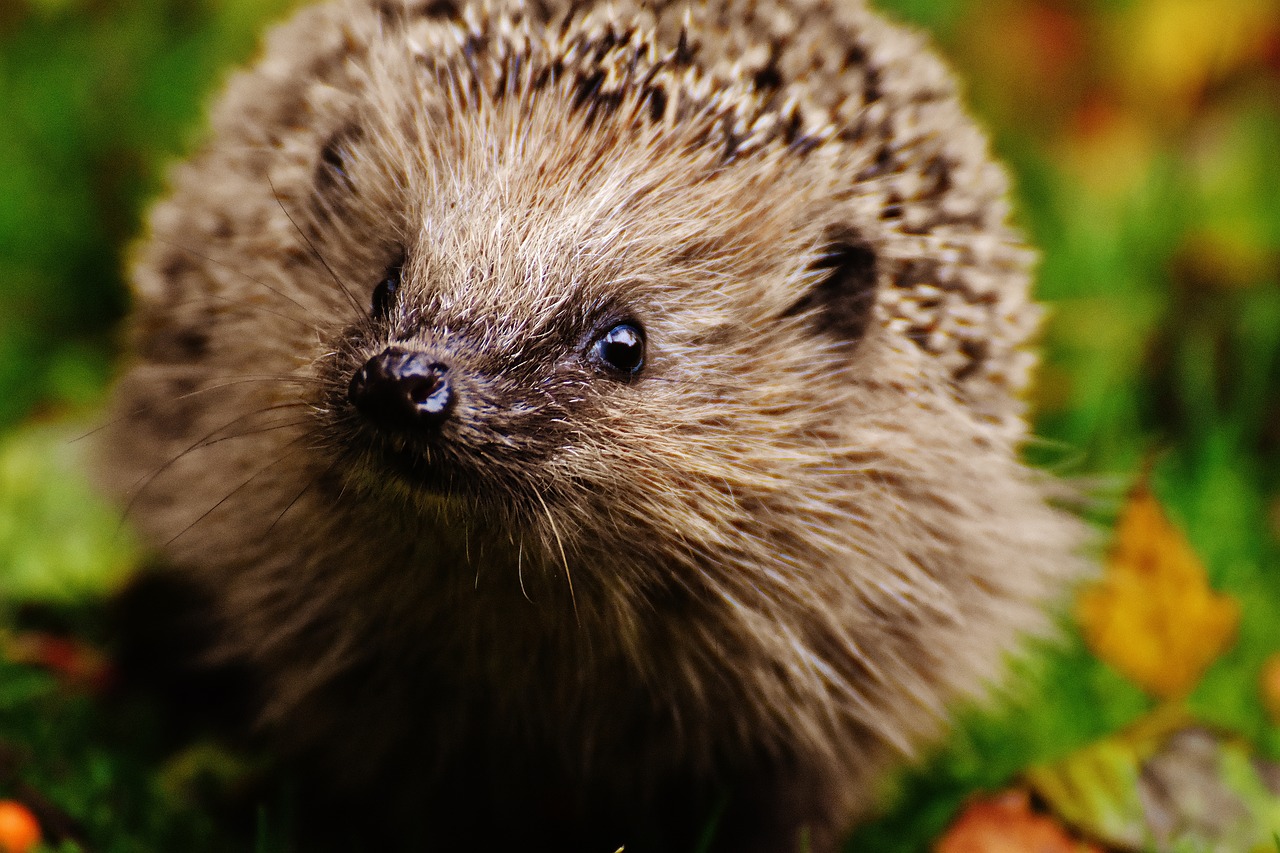How hedgehogs make it through winter
 To keep themselves alive, these much-loved creatures sleep through the whole festive season
To keep themselves alive, these much-loved creatures sleep through the whole festive season
Ask people to name a British animal and it won’t be very long before the hedgehog is mentioned. Evolving from a spineless Asian ancestor and living on the British Isles for over 2 million years, this charismatic little creature has a firmly established position in the hearts and culture of British people.
Committed snoozers
Bats, dormice and hedgehogs are the only animals in the UK to undergo true hibernation. Hedgehogs hibernate from around October to March or April, conserving energy in the cold months when food is scarce. In warmer areas of its range the European hedgehog may not need to hibernate for so long, while those introduced to New Zealand can stay active all year round. Before huddling away in its winter nest (hibernacula), each animal has to eat as much as possible so that it has fat stores to keep it alive until spring.
Taking things slow
During hibernation they enter a state called torpor, where bodily activity is reduced. Body temperature drops and heart rate falls as low as 20 beats per minute from 190. Breathing rate also plummets, and there are periods known as apnoetic events where breathing ceases entirely, lasting from minutes to hours, interspersed with short periods of rapid breathing. By not breathing hedgehogs reduce water loss from their lungs, and the build-up of carbon dioxide slows the rate at which their energy reserves are broken down.
Waking up
Contrary to popular belief, hedgehogs don’t sleep all winter. They still contract in response to potential threats and can wake for a few days as frequently as after every seven days of torpor. During these active days, hedgehogs may leave their nest to look for extra food or to find a new site. It is believed to be common for an individual to change nests every couple of months. Final arousal from hibernation appears to be prompted by increasing temperatures and daily light hours. Once they are fully awake it’s a race to prepare for the next breeding season.
For more science and technology articles, pick up the latest copy of How It Works from all good retailers or from our website now. If you have a tablet or smartphone, you can also download the digital version onto your iOS or Android device. To make sure you never miss an issue of How It Works magazine, subscribe today!





